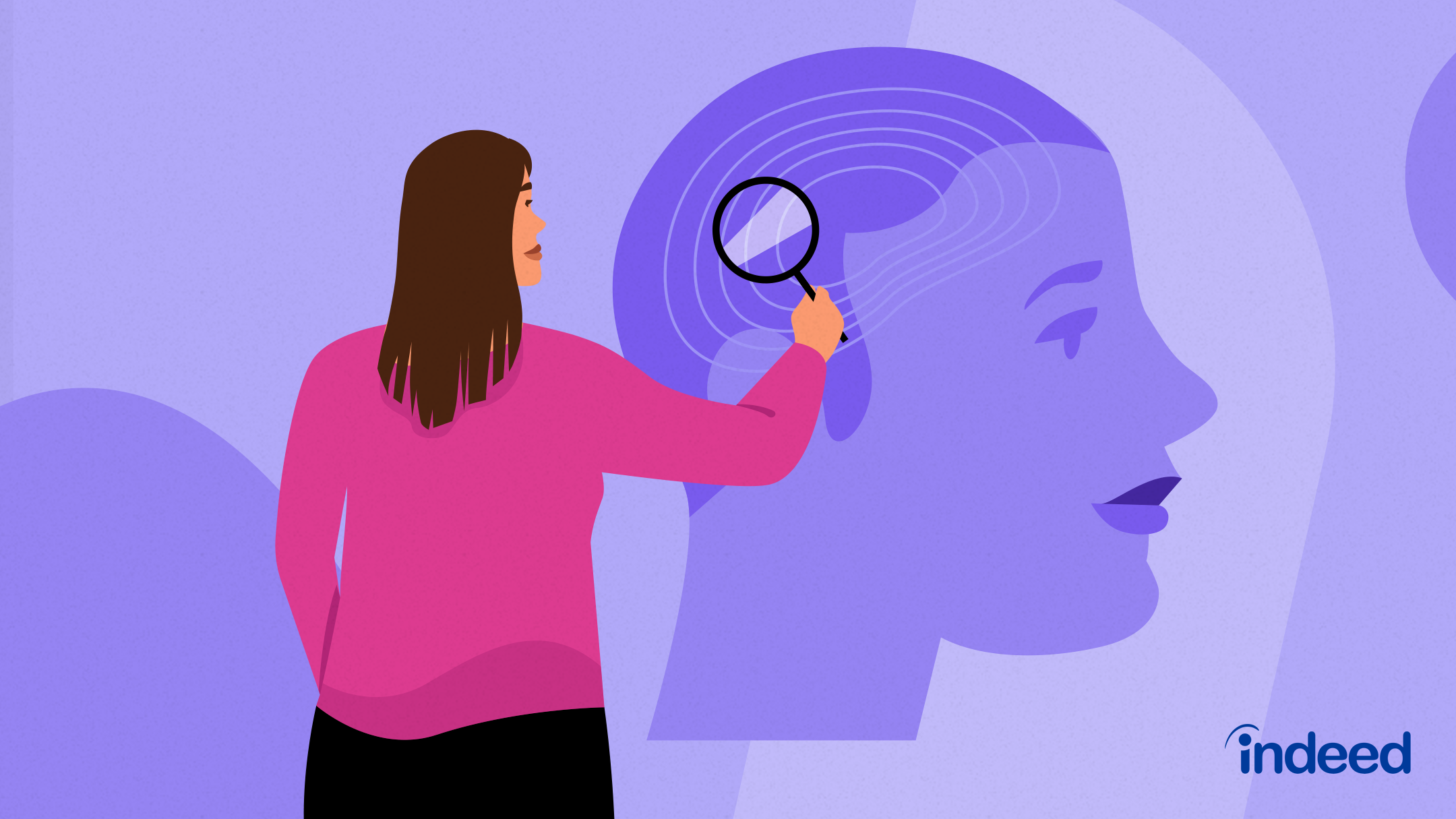Find Support with Elementa Psychology Kew’s Professional Therapists
Find Support with Elementa Psychology Kew’s Professional Therapists
Blog Article
Professional Psycho Therapists Vs Psychiatrists: Key Distinctions You Need To Know
The difference in between medical psycho therapists and psychoanalysts is essential for people looking for psychological health treatment, as each expert offers unique experience formed by their educational backgrounds and therapy methods. While scientific psycho therapists concentrate mostly on psychotherapy to deal with psychological and psychological issues, psychiatrists, as medical doctors, bring a medicinal viewpoint to treatment, often intertwining medicine with therapeutic practices. This difference elevates essential inquiries concerning which expert may be ideal suited for numerous psychological health demands. As we discover these vital differences even more, the implications for therapy selections come to be significantly considerable.
Educational Background
Lots of people seeking psychological wellness services may question the differences in educational histories in between medical psychologists and psychiatrists. The differences are considerable and essential for recognizing the functions each specialist plays in mental wellness treatment.
Professional psychologists generally hold a doctoral degree in psychology (Ph.D. or Psy.D.), which needs considerable training in emotional concepts, research methods, and professional practice. Their education includes a minimum of 5 years of graduate study, incorporating both coursework and supervised clinical experience. Additionally, scientific psycho therapists are called for to acquire and complete a pre-doctoral internship licensure, which entails passing a nationwide exam.
On the other hand, psychiatrists are clinical physicians (M.D. or D.O.) that complete a four-year clinical degree adhered to by a residency in psychiatry, which lasts an added four years. Their medical training outfits them to understand the biological aspects of mental illness, allowing them to prescribe medications and offer a clinical point of view on treatment.
These varying educational courses highlight the one-of-a-kind competence each professional brings to the field, forming their approaches to treatment, medical diagnosis, and patient treatment. Recognizing these differences is essential for people navigating the mental wellness system.
Treatment Methods
Diverse therapy techniques define the methods of scientific psycho therapists and psychoanalysts, showing their unique training and locations of experience. Professional psychologists mainly use psychiatric therapy, utilizing strategies such as cognitive-behavioral therapy (CBT), dialectical behavior modification (DBT), and psychodynamic treatment. Their emphasis is on emotional and psychological analysis, treatment, and the development of coping techniques to deal with different psychological health and wellness conditions. They might deal with groups, pairs, or individuals, customizing their restorative approaches to the specific requirements of their customers.

Both professionals may collaborate in treatment strategies, making sure detailed care that attends to the intricacies of mental health. Eventually, the option of treatment method might rely on the nature of the problem, the choices of the patient, and the particular expertise of the clinician involved.
Duty in Mental Health And Wellness Care

In contrast, psychoanalysts are clinical physicians who focus on the medical diagnosis and treatment of mental health and wellness problems, often using a biomedical strategy. They can suggest medications to handle psychological signs and are educated to consider the physiological aspects of psychological health, such as neurobiology and pharmacology. This medical point of view enables psychiatrists to deal with complex situations that may call for a combination of drug monitoring and psychotherapy.
With each other, clinical psychologists and psychoanalysts develop an extensive mental healthcare framework, attending to both emotional and medical needs. Cooperation in between these experts makes certain that individuals obtain holistic care, ultimately boosting treatment outcomes and boosting the lifestyle for individuals experiencing psychological health challenges.
Kinds Of Problems Dealt With
While both professional psychologists and psychoanalysts deal with a broad array of mental health conditions, their techniques and locations of expertise usually determine the details problems they treat. Clinical psychologists largely focus on the evaluation and treatment of psychological, behavioral, and cognitive conditions with psychotherapy.
On the other hand, psychiatrists are clinical doctors who can prescribe drugs and have specialized training in the organic aspects of psychological wellness. They commonly manage a lot more intricate psychological conditions that might require medicinal treatment, such as schizophrenia, bipolar affective disorder, severe clinical depression, and material use disorders. Psychiatrists might incorporate drug monitoring with psychiatric therapy however normally concentrate on the medical and biochemical components of mental health concerns.
Recognizing these distinctions can aid people seek the ideal treatment customized to their resource certain psychological health and wellness needs, ensuring they obtain one of the most efficient treatment for their conditions. elementa psychologists kew.
Insurance Coverage and Expense Factors To Consider
Browsing insurance coverage and price considerations is a crucial facet for people seeking psychological wellness services from professional psychologists or psychoanalysts. Both occupations may approve numerous insurance policy plans, yet the extent of protection can differ considerably. Psychiatrists, who frequently prescribe drug, may have various invoicing techniques contrasted to clinical psychologists, that commonly concentrate on psychotherapy.
Insurance repayment for psychological services might be much more beneficial due to the medical nature of their method. People may come across greater co-pays or deductibles when seeking advice from a psychiatrist. On the other hand, scientific psychologists may offer solutions billed under mental health advantages, which can result in lower out-of-pocket costs, depending upon the insurer's plan.
Additionally, individuals need to think about the frequency and duration of treatment sessions when evaluating prices. While psychoanalysts may use much shorter, medication-focused check outs, professional psychologists commonly engage in longer sessions devoted to healing techniques.
Inevitably, recognizing the details regards to one's insurance policy strategy, consisting of network accessibility, Check Out Your URL insurance coverage restrictions, and pre-authorization requirements, is important. Clients are encouraged to contact their insurance coverage provider to make clear advantages and discover options for economical psychological health and wellness treatment.
Verdict
In recap, the distinctions in between professional psychologists and psychoanalysts are vital for informed choices regarding mental health treatment - elementa psychologists kew. Educational background, treatment methods, and roles in psychological wellness substantially vary between the 2 careers.
The distinction between professional psychologists and psychiatrists is critical for people seeking psychological health and wellness care, as each professional offers distinct knowledge shaped by their academic histories and therapy methodologies.The functions of medical psycho therapists and psychoanalysts in psychological health and wellness care are corresponding, mirroring their distinctive training and proficiency.While both clinical psycho therapists and psychiatrists deal with a vast range of mental health disorders, their strategies and locations of knowledge commonly determine the certain conditions they treat.Navigating insurance coverage and why not look here expense considerations is a vital facet for individuals looking for mental health and wellness solutions from scientific psycho therapists or psychoanalysts.In summary, the differences in between scientific psycho therapists and psychoanalysts are essential for informed choices concerning psychological health treatment.
Report this page